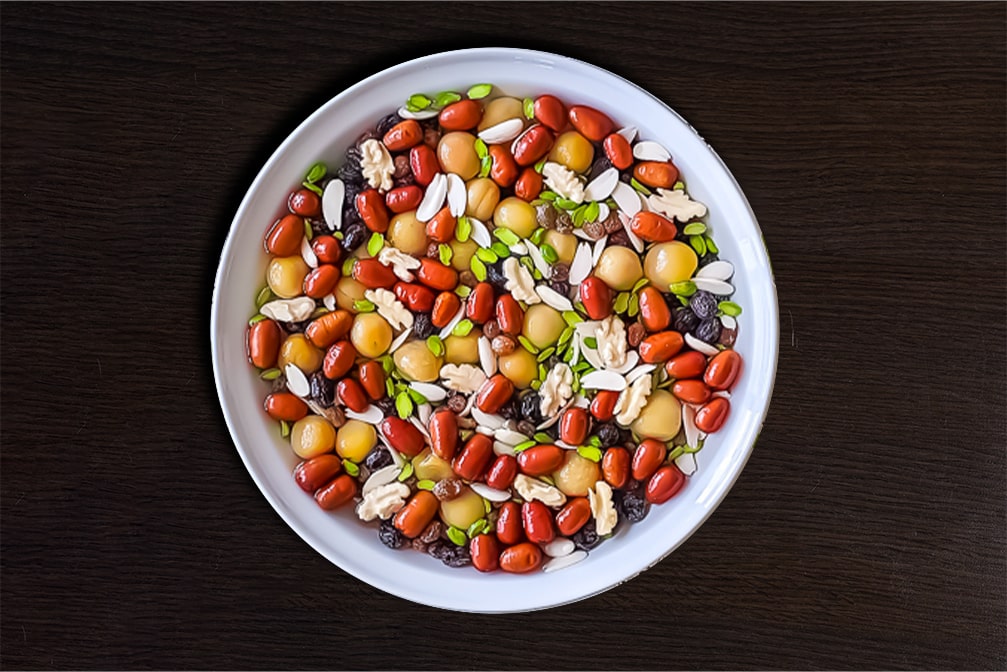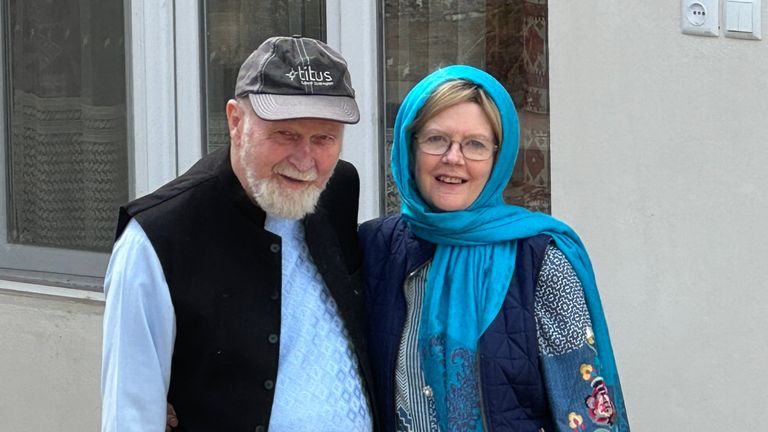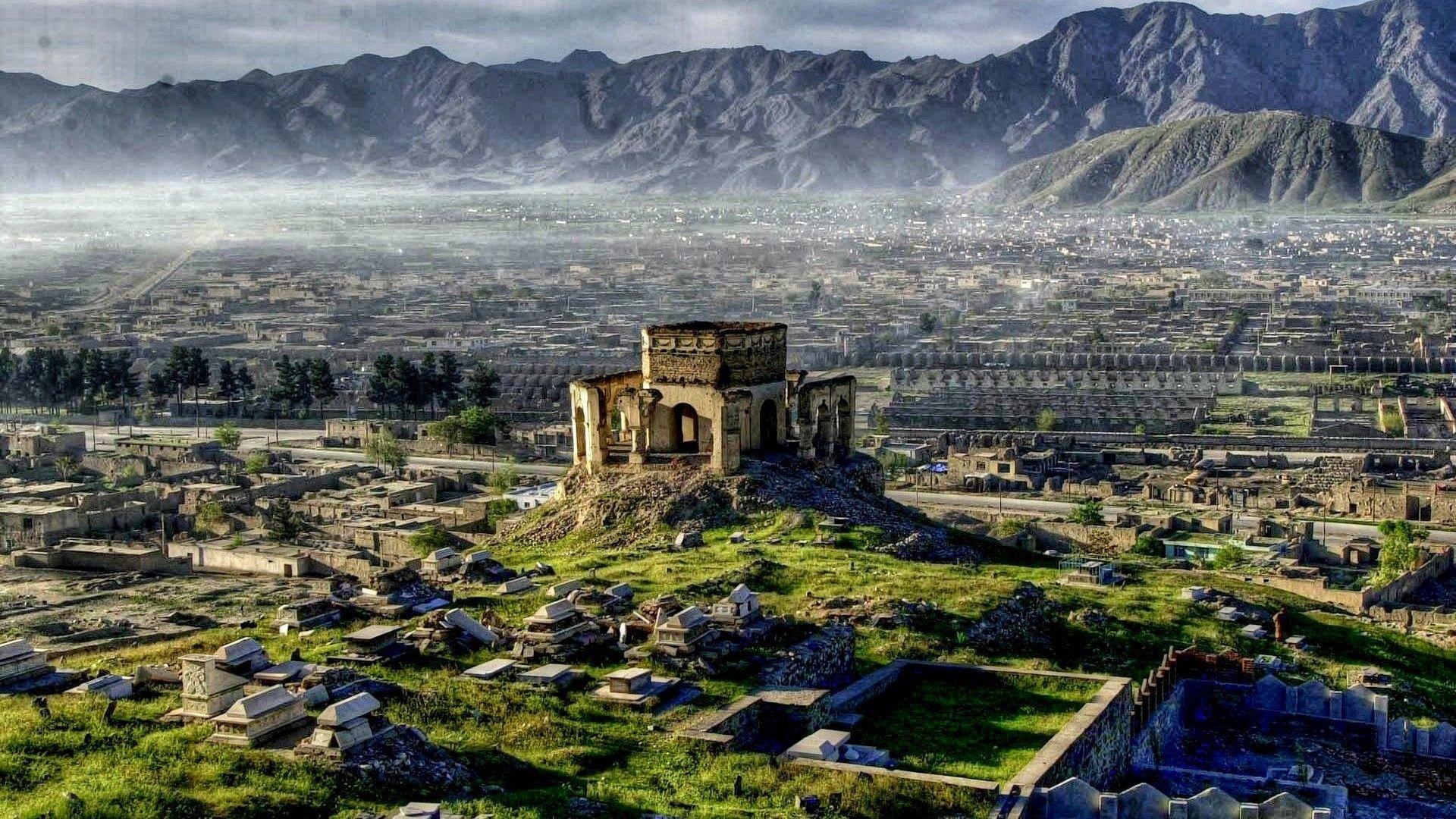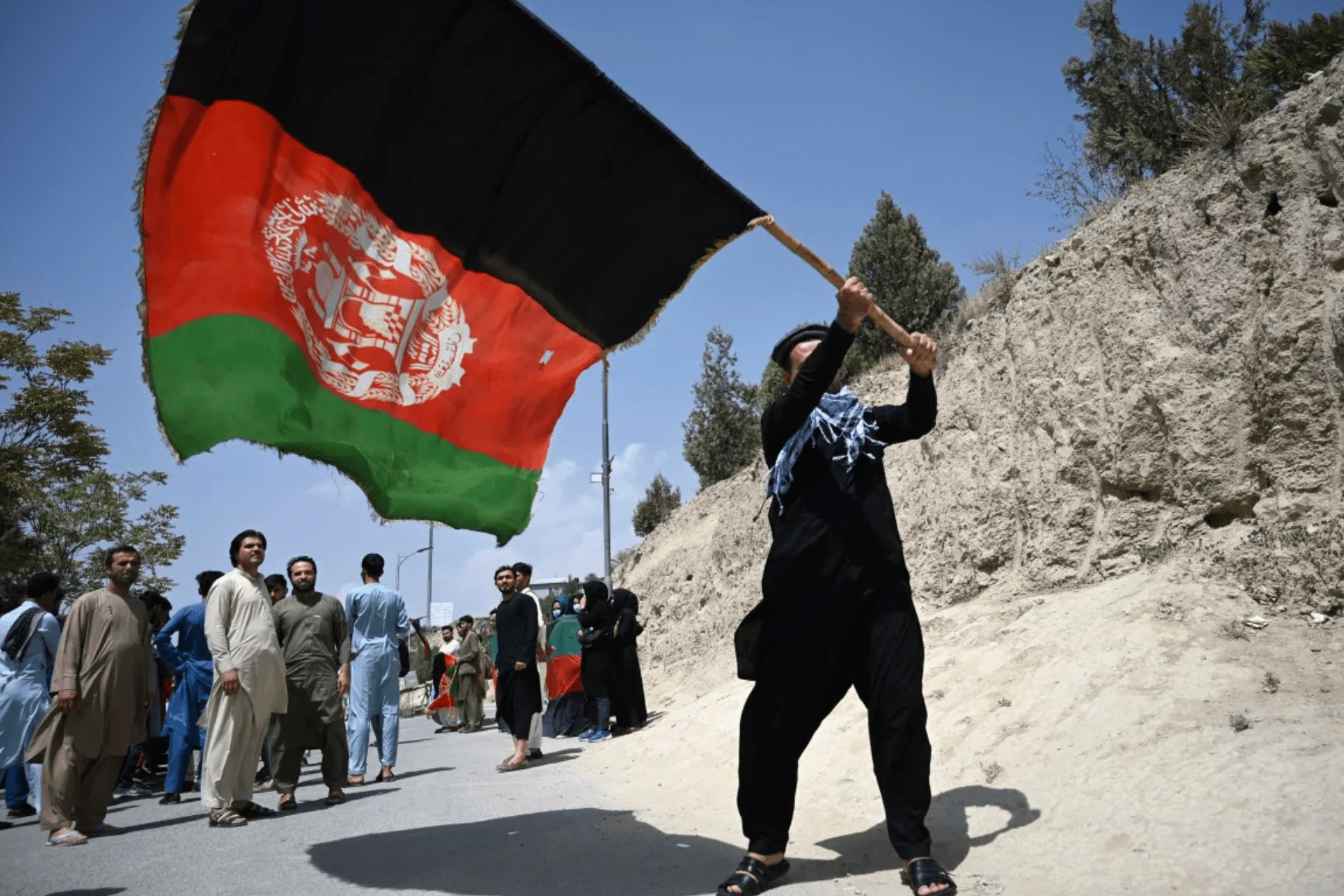Houthis role in the starving children to death in Yemen
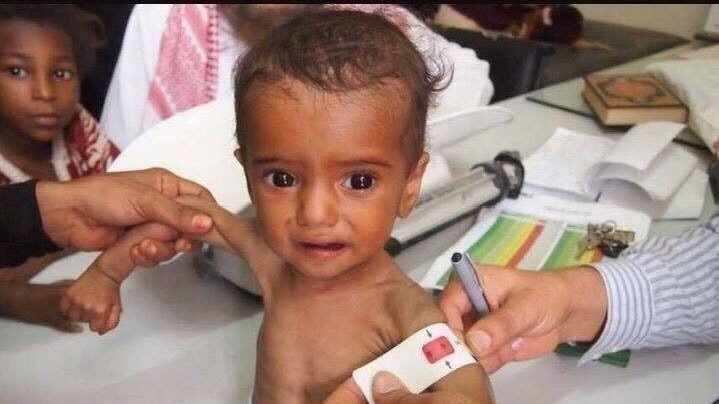
Ever since the Houthis movement started in Yemen during the 1990s, a lot went wrong in Yemen politically, financially and socially. This movement has been criticized many times not only by the international community but also the people of Yemen itself for their harmful and inhuman activities. Currently the Houthis are one of the main reasons for the starving children and the dispersing families in Yemen. This has gone so far that in a statement on this issue the director of the World Food Program Mentioned that: “The Houthis are stealing food from the hungry and poor in Yemen”. Yemen began to disintegrate in the aftermath of the Arab Spring, and then the Houthis, a traditional clan in the north, swept down on Sana and seized much of the country. The Houthis follow Zaydi Islam, which is related to the Shiite branch dominant in Iran, and the Saudis and some Americans see them as Iranian stooges. Moreover, the group operates a police state and is hostile to uncovered women, gays and anyone bold enough to criticize them. They recruit child soldiers from the age of about 12 (the Saudi- and American-backed forces wait until boys are about 15), interfere with food aid from the international organizations like WFP, and have engaged in torture and attacks on civilians. Yemen has been devastated by a conflict that escalated in 2015, when the Iran-aligned Houthis seized control of large parts of the country and a Saudi-led coalition of Arab states supported by the US launched a military operation to restore President Abdrabbuh Mansour Hadi's rule. The fighting has reportedly left more than 110,000 people dead and triggered what the UN says is the world's worst humanitarian crisis, with 80% of the population in need of aid or protection.
Still, the civilian loss of life has overwhelmingly been caused not only by the Houthis but also by the United Arab Emirates and America, through both bombings and starvation. It was very unprofessional for the Trump administration to be exploring naming the Houthis a terrorist organization while the Houthis are allies of Iran, it might be that the Saudis exaggerate when they suggest that the Houthis are Iranian pawns.
The Houthis are now considered as a repressive and untrustworthy group, but this is not a reason to bomb and starve Yemeni children. What is most infuriating is that the hunger is caused not by drought or extreme weather, but by cynical and failed policies in Riyadh and Washington. The starvation does not seem to be an accidental byproduct of war, but rather a weapon in it. Saudi Arabia and the United Arab Emirates, backed by the United States, are trying to inflict pain to gain leverage over and destabilize the Houthi rebels. The reason: The Houthis are allied with Iran. In addition to that, The Saudis impose a partial blockade on Houthi areas, banning commercial flights and barring journalists from special United Nations planes there.
Furthermore, The United States’ decision on 10 January to designate the Houthi militia as a foreign terrorist organization risks accelerating Yemen’s slide into large-scale famine, speakers warned today during a Security Council videoconference meeting that reviewed the situation in the Middle East nation, scene of what the United Nations calls the world’s worst humanitarian crisis. Several delegates also called for an independent investigation into a guided missile attack on 30 December on Aden’s civilian airport which targeted Yemen’s newly formed Cabinet a product of 2019 Riyadh Agreement between the legitimate Government and the Southern Transitional Council as it arrived from Saudi Arabia to take up its responsibilities.
David Beasley, Executive Director of the United Nations World Food Program (WFP), said that without the designation, famine looms, with 11 million already in crisis and 5 million at an emergency level. To stave off famine, at least $1.9 billion is needed for 2021, as only $386 million in confirmed contributions have been received and, for the next six months alone, $860 million is required. The shortage means 9 million people now receive half-rations, and without required assistance, starting in February, only quarter-rations can be provided. Painting a grim picture of the looming consequences, he said that: “The designation is going to be a death sentence to hundreds and thousands if not millions.” While Washington, D.C., provided $3.7 billion of support in 2020, this designation needs to be reassessed, revaluated and reversed, as it will force 80 per cent of the population 24 million people into severe hunger.
- 2021 Jan - 19


